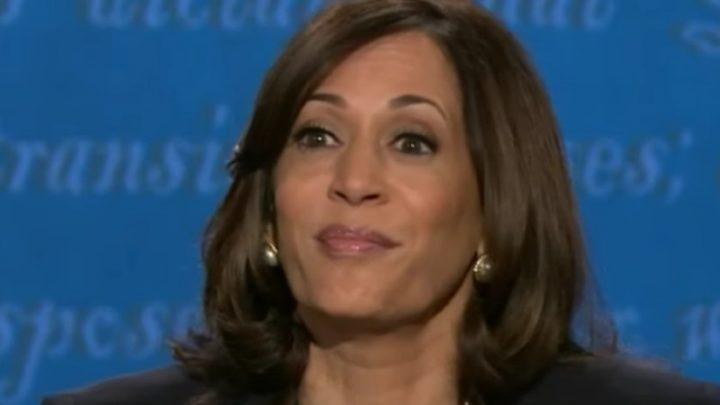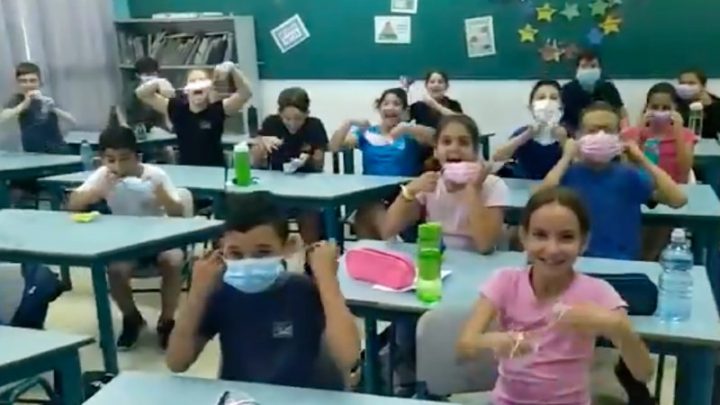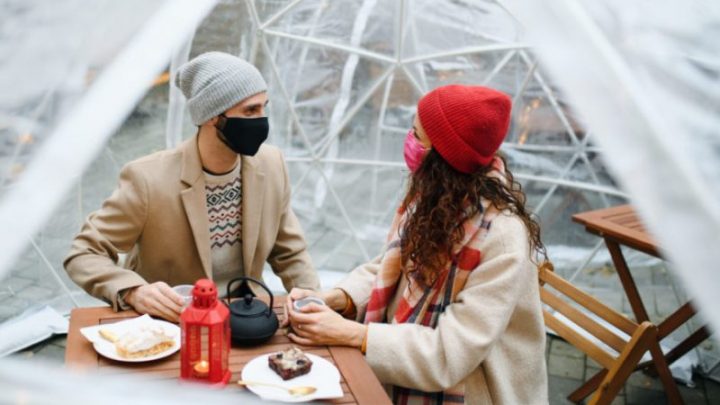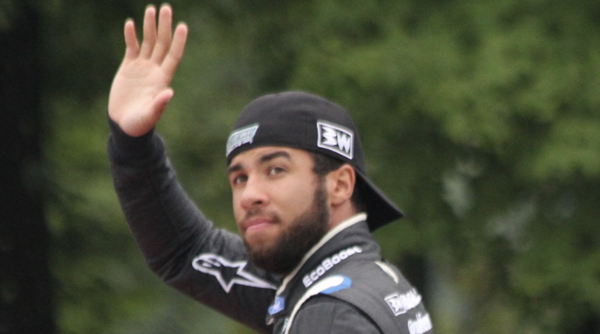
Amid nationwide upheaval over the death of George Floyd, one New England town has faced down a racially charged controversy involving a stolen sign depicting a supporter of President Donald Trump hugging a Black Lives Matter supporter.
The theft: Billy Park, a local activist who started a “hug” campaign to bring together people from either side of the U.S. partisan divide, noticed his sign had gone missing from his yard in early June, the Daily Hampshire Gazette reported.
- Park, who is not a Trump supporter, assumed someone had taken it because they appreciated the art work.
- He posted to a community Facebook group asking whoever took the sign to return it.
- He also said he was distributing 100 of the signs, reprints of a painting, to anyone willing to display them in their yard.
The culprit comes forward: Zara Ashe-Simmer, a fellow Northampton resident who happens to be white, revealed last week on Facebook that she was the one who had taken Park’s sign.
- Ashe-Simmer claimed a friend, a “person of color” who is not black, pointed out the sign to her.
- She said she considered knocking on Park’s door or sending him a letter but instead opted to take matters into her own hands.
- “I found it incredibly distasteful and problematic for reasons outlined here by multiple people,” she wrote on Facebook, adding, “I would strongly urge you NOT to make more prints and consider why a town full of white people with MAGA-sympathizing iconography in their front yards isn’t the move.”
A twist: Park revealed in his original Facebook post that the sign had been painted by J. Pierre, a local black artist.
- Ashe-Simmer, however, was unmoved by that detail, saying, “the fact that a black person created it doesn’t change it’s disturbing message.”
- “[A]nyone can make simpering, white-idolizing media like this, regardless of identity, and the artist is not a representative of all black people or black politics,” she added.
- When Park asked if he could have his sign back, Ashe-Simmer said it was too late because she’d “recycled” it.
Unity? While unrest in the wake of racial justice protests and seemingly ever-widening political polarization threaten social cohesion in the country, some idealists, like Park, have urged reconciliation and understanding.
In 2017, Joyner Lucas, a black rapper, released a music video that depicted a frank and raw conversation between a Trump supporter and a black American.
- The video for “I’m Not Racist,” which has been viewed more than 140 million times on YouTube, ends with the two men embracing, just like in J. Pierre’s painting:
There’s also statistical evidence that Americans long for a rapprochement in the culture wars even as they fight them.
- The longstanding Georgetown University Politics Civility Poll found last year that eight in 10 voters want “compromise and common ground” — but also leaders who “will stand up to the other side.”



